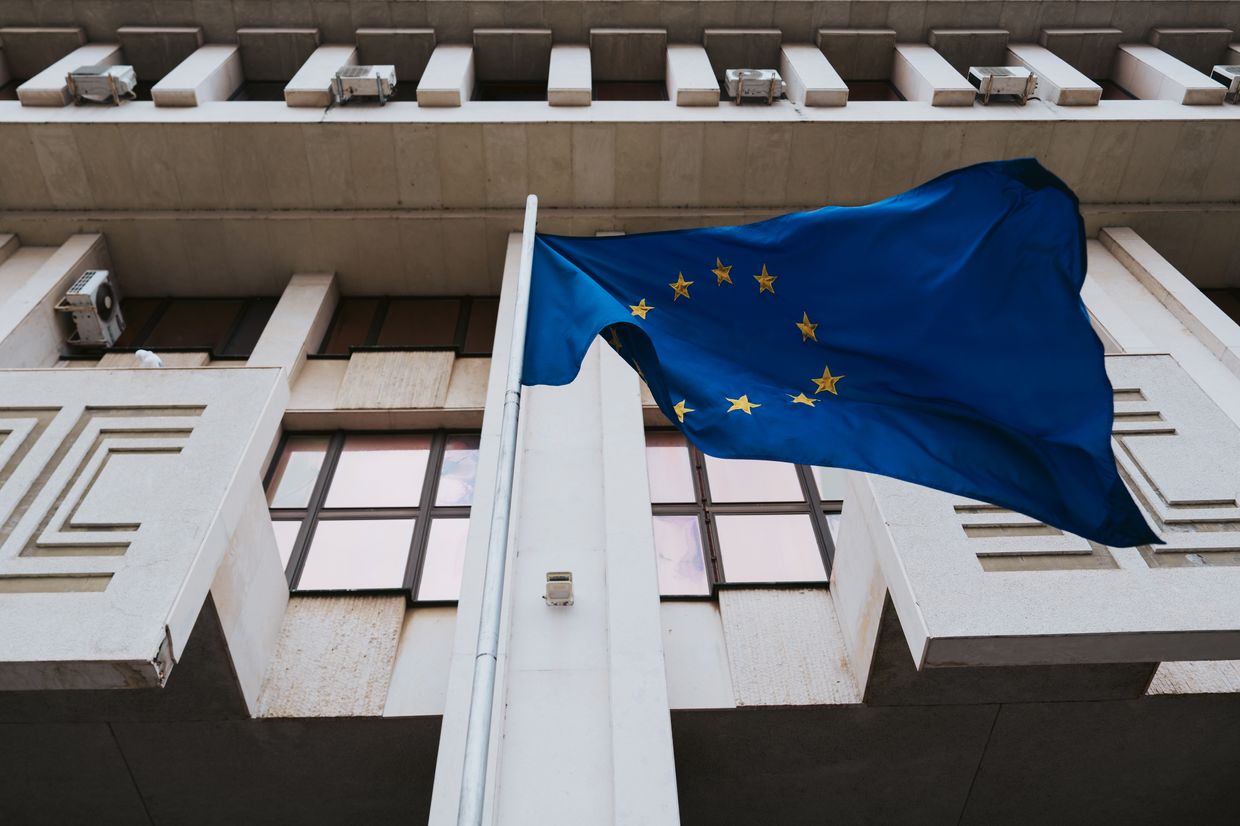
EU fails to adopt new Russia sanctions due to Hungarian, Slovak opposition, source says
Unlike Ukraine-skeptic Hungarian Prime Minister Viktor Orban, Slovakia has not previously attempted to block EU sanctions.

Unlike Ukraine-skeptic Hungarian Prime Minister Viktor Orban, Slovakia has not previously attempted to block EU sanctions.
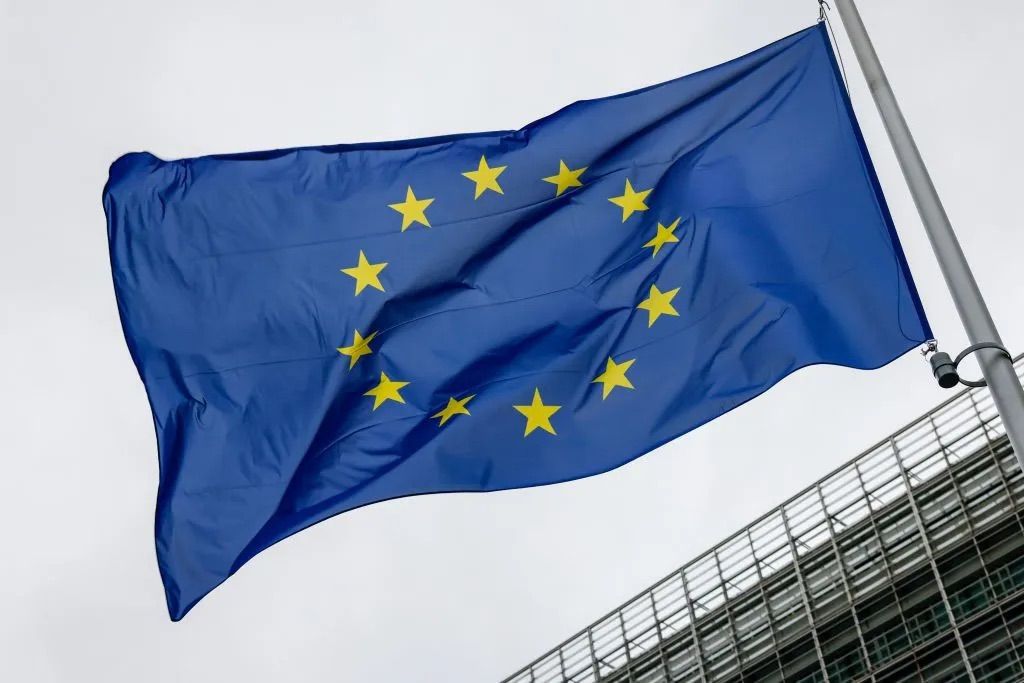
The agreement comes amid fears that Hungary, one of the bloc's most Kremlin-friendly member states, would attempt to block the sanctions extension.
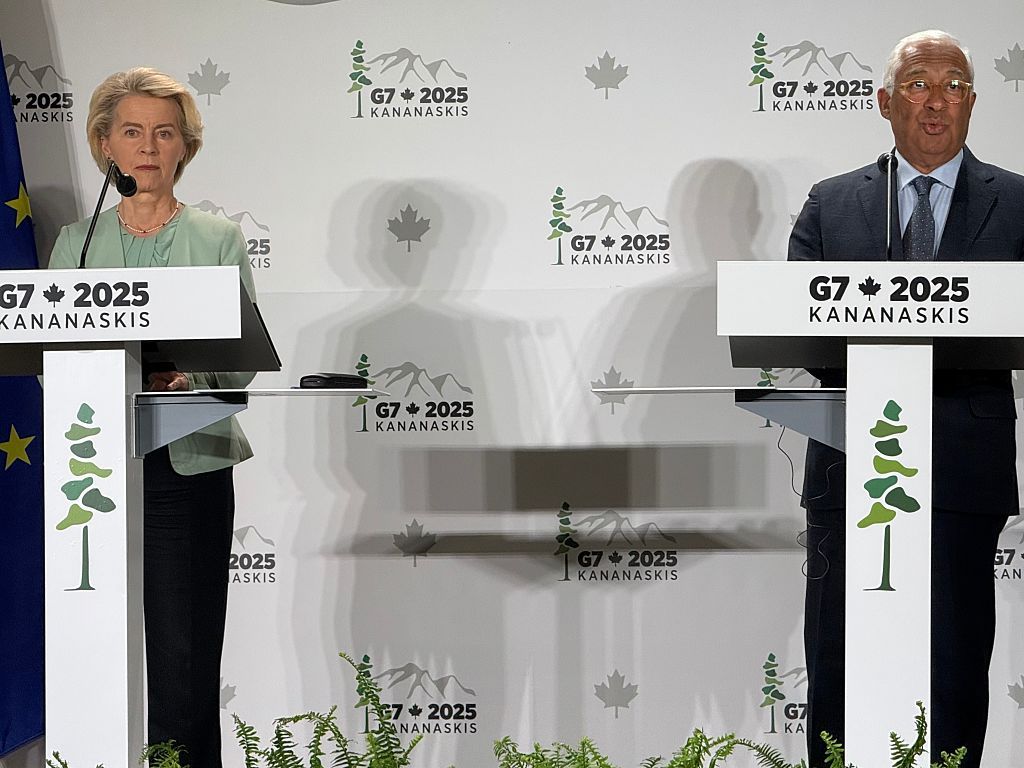
"To achieve peaceful strength we must put more pressure on Russia to secure a real ceasefire, to bring Russia to the negotiating table, and to end this war. Sanctions are critical to that end," European Commission President Ursula von der Leyen said.
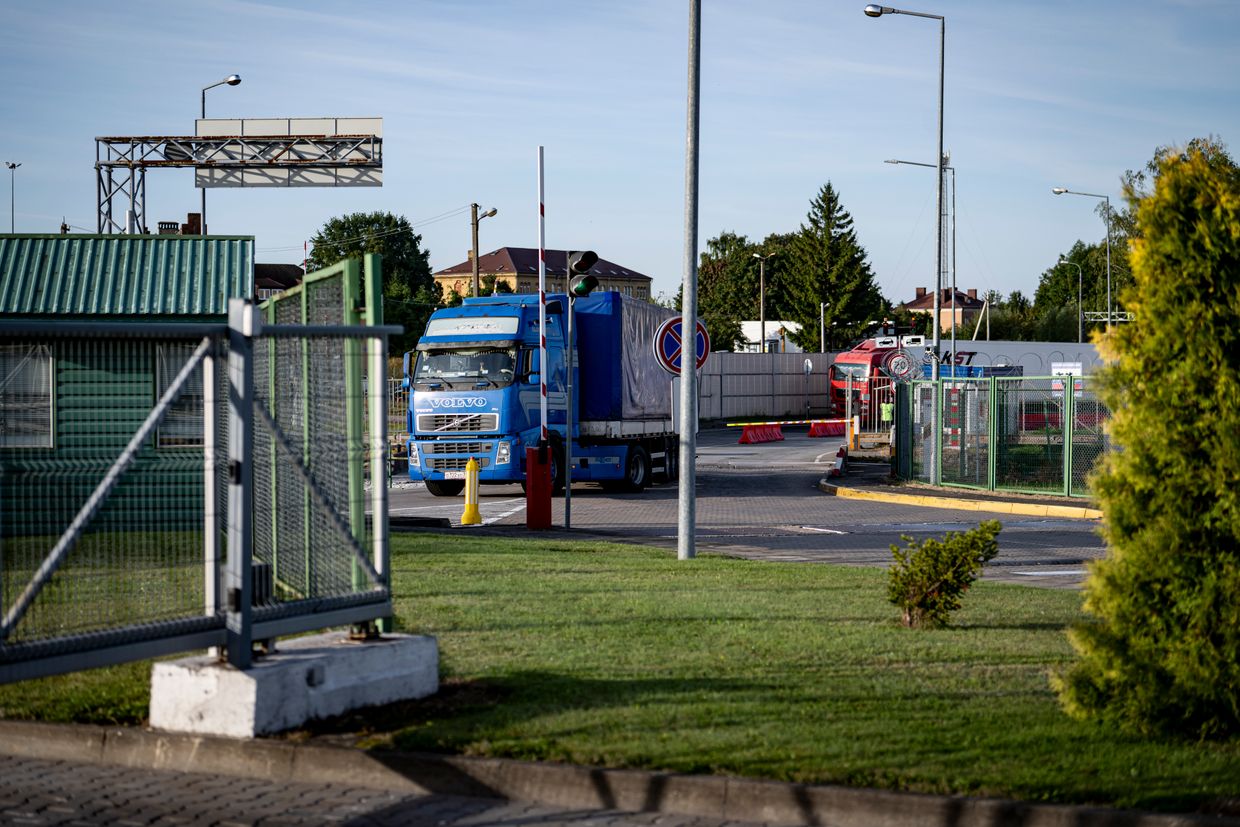
Lithuanian customs authorities blocked 28,854 goods in 2024 that were allegedly destined for Russia and Belarus "under the guise of medical exemption," Lithuania's Deputy Foreign Minister Gabija Grigaite-Daugirde said.
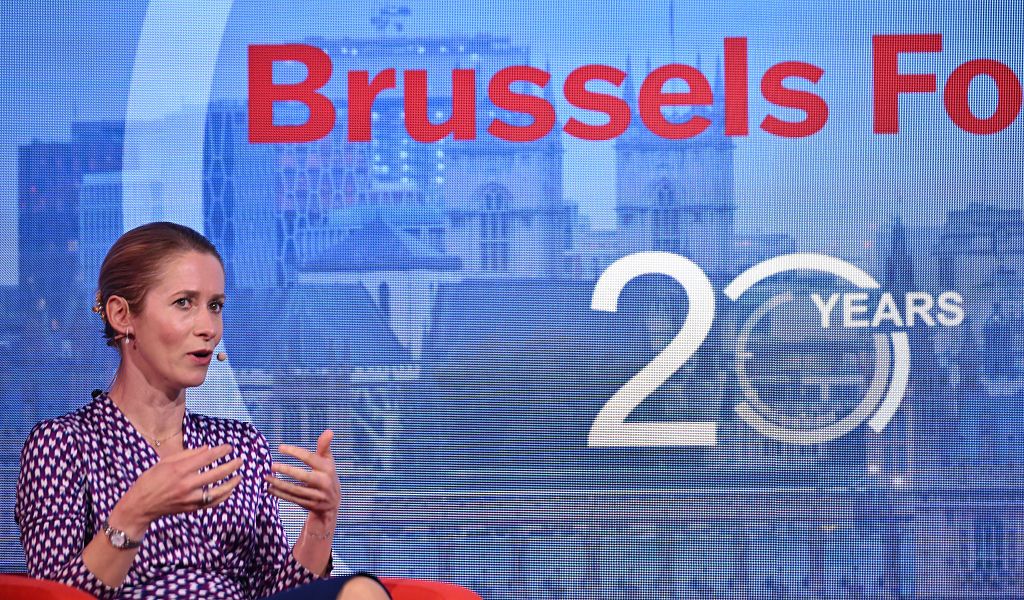
The European Union can impose an additional price cap on Russian oil without U.S. support, EU High Representative Kaja Kallas said at the Brussels Forum on June 11.
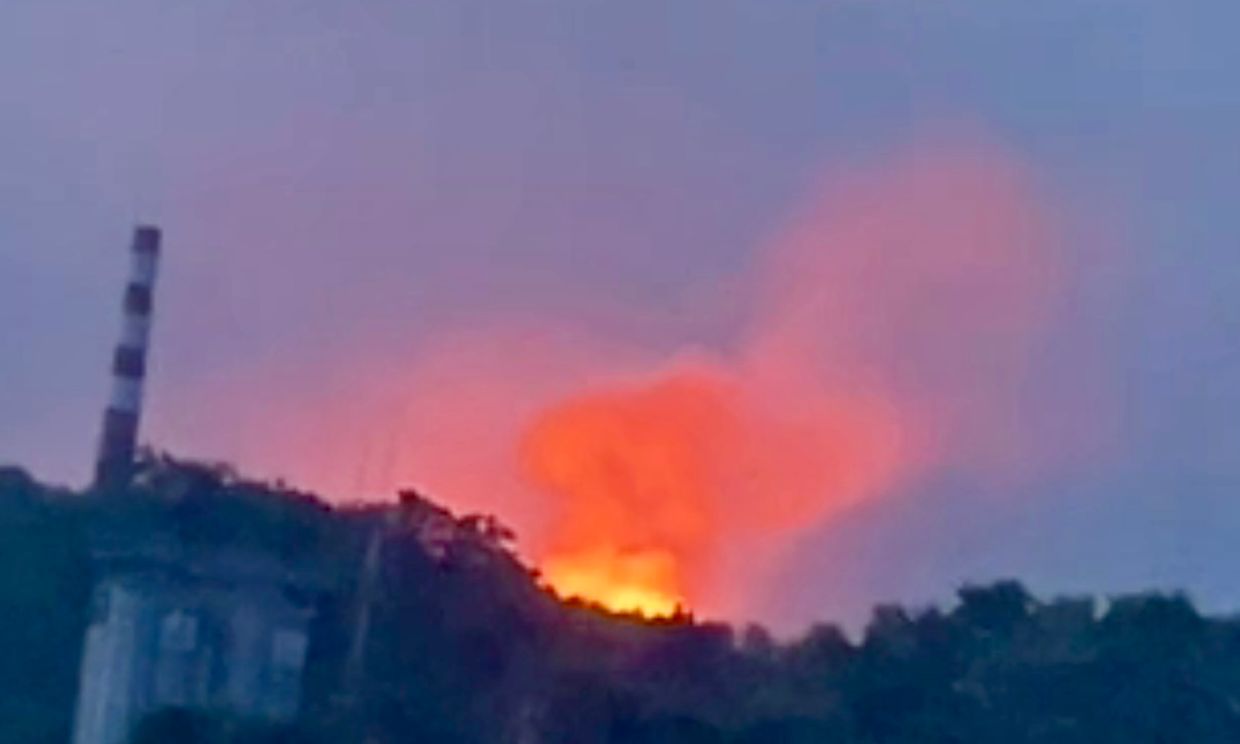
Key developments on June 11: * Ukrainian drones strike targets in Russia, including gunpowder plant, General Staff says * Zelensky urges 'stronger' EU sanctions on Russia, lower oil price cap * Ukraine repatriates bodies of 1,212 fallen soldiers * Ukraine's SBU releases fresh video of Operation Spiderweb, teases 'new surprises' * NATO summit statement
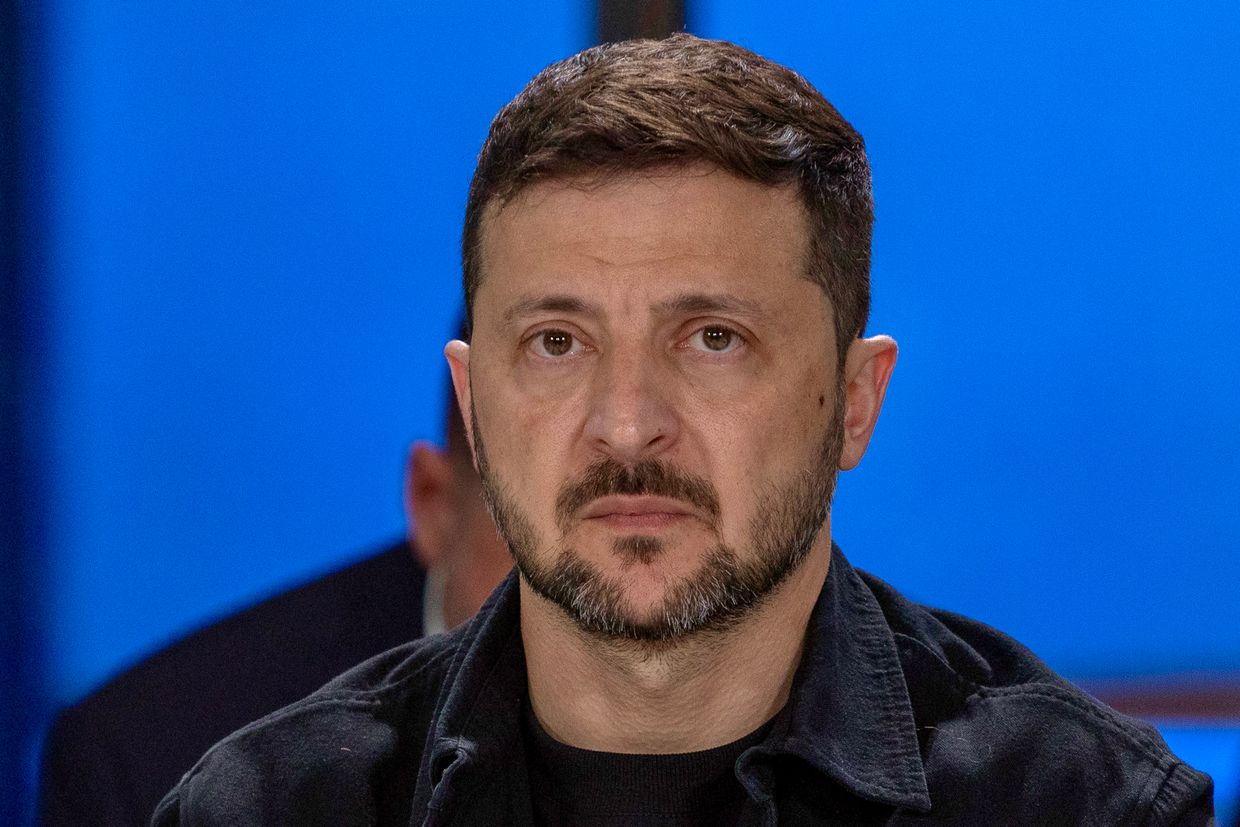
President Volodymyr Zelensky said the upcoming 18th EU sanctions package "could be stronger," especially in targeting Russian oil tankers and the financial sector.
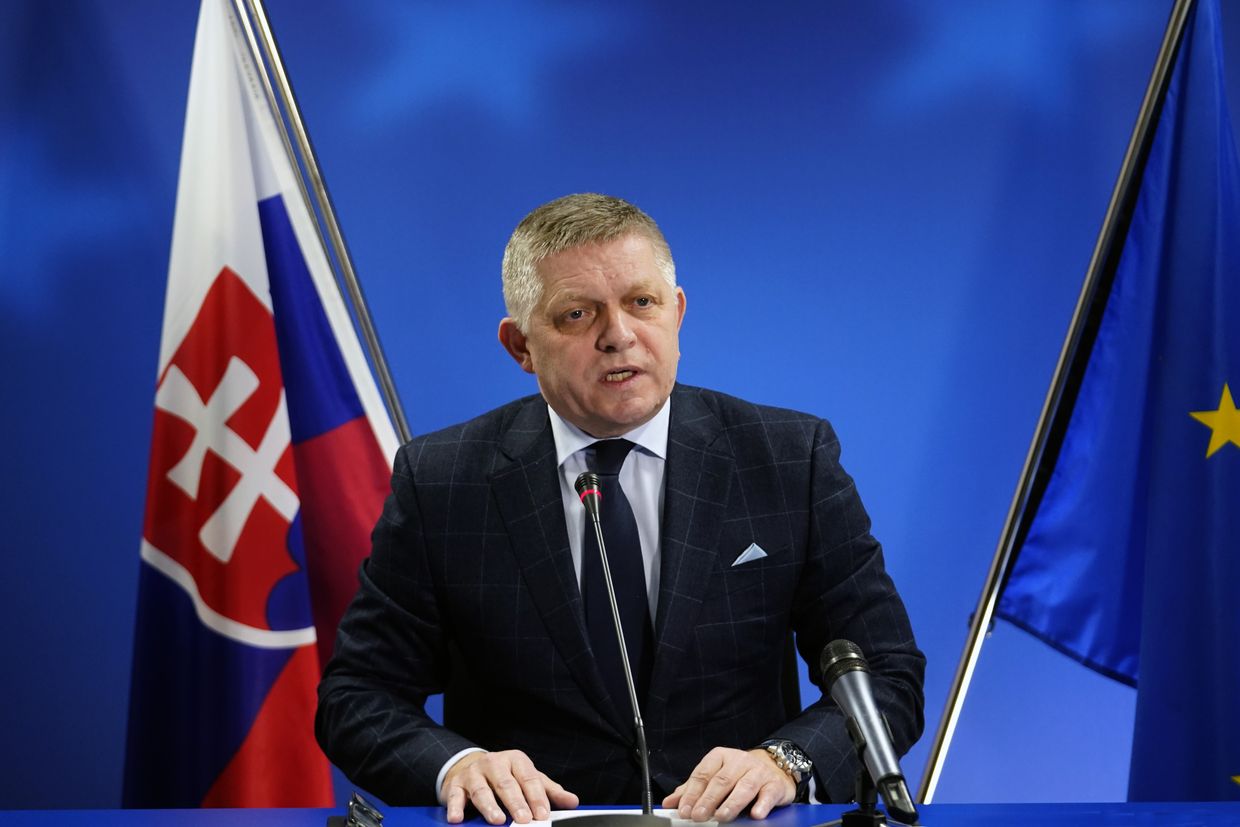
Slovak Prime Minister Robert Fico said that he would block additional sanctions unless the EU finds "a real solution to the crisis situation that Slovakia would face following a complete halt in the supply of gas, oil, and nuclear fuel from Russia."
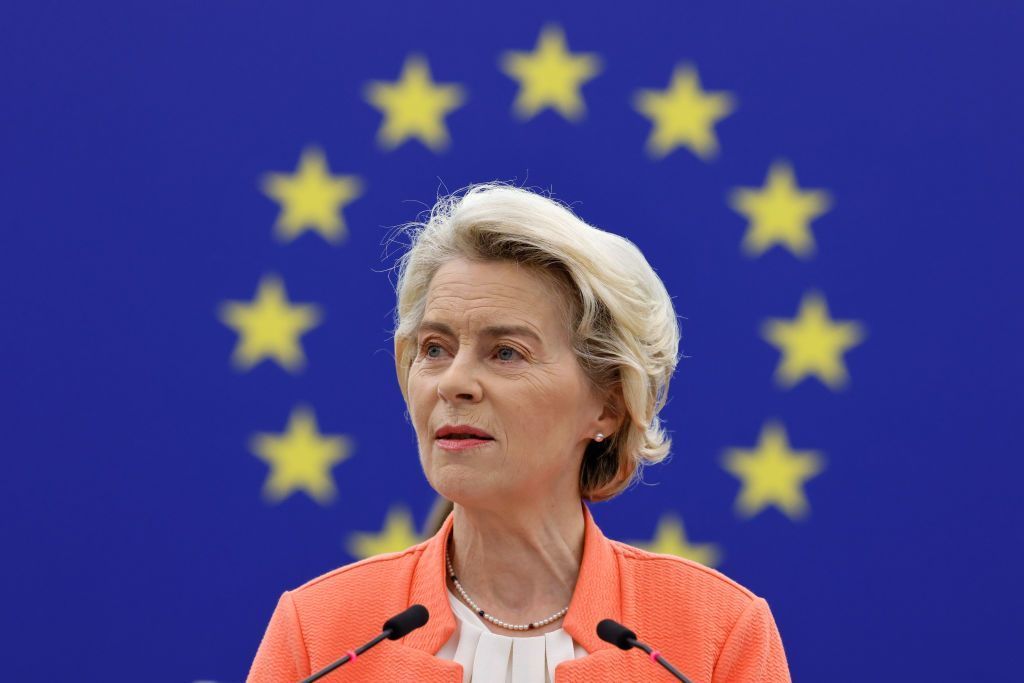
The EU has proposed for the first time a ban on transactions involving the Nord Stream 1 and Nord Stream 2 pipelines, as well as a reduction in the oil price cap from $60 to $45 per barrel, among other measures.
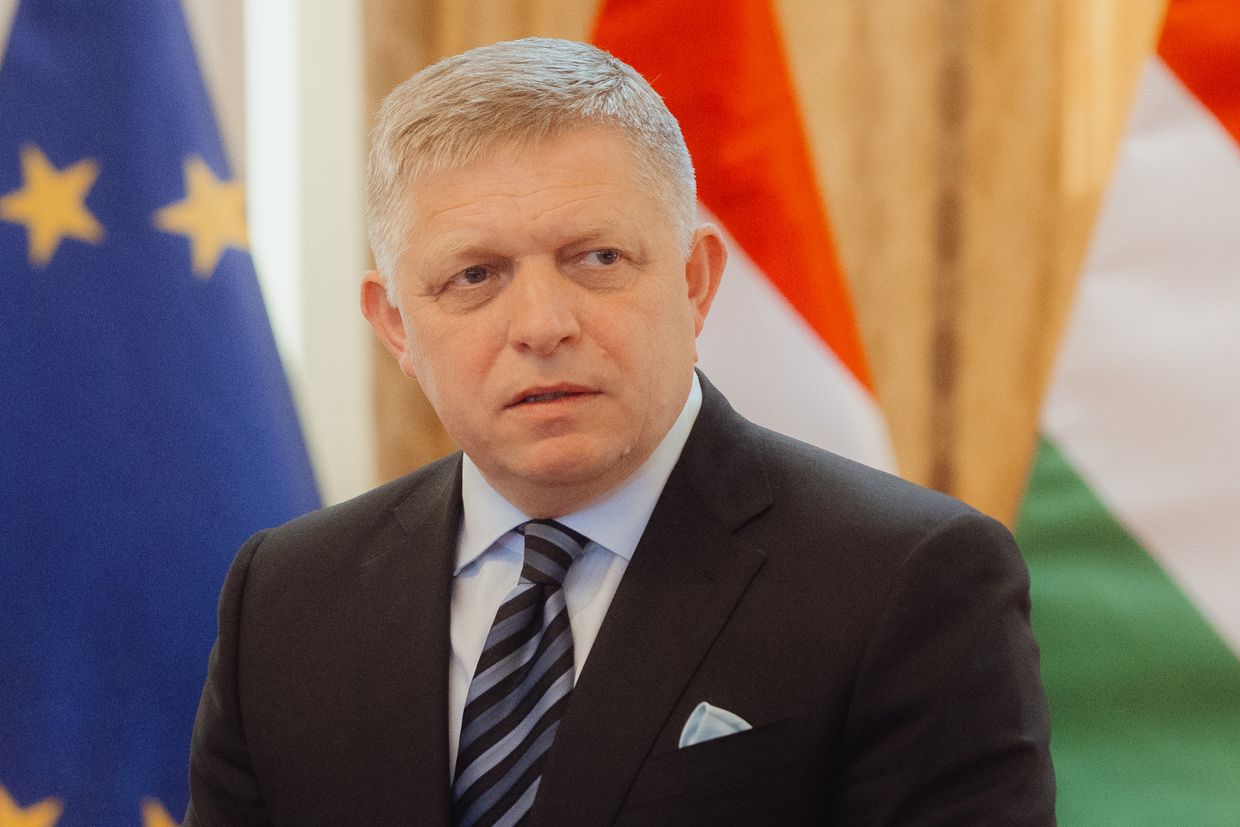
Fico's comments come as Slovakia’s parliament passed a resolution on June 5 urging the government to oppose any new international sanctions or trade restrictions against Russia, citing alleged negative economic impacts.
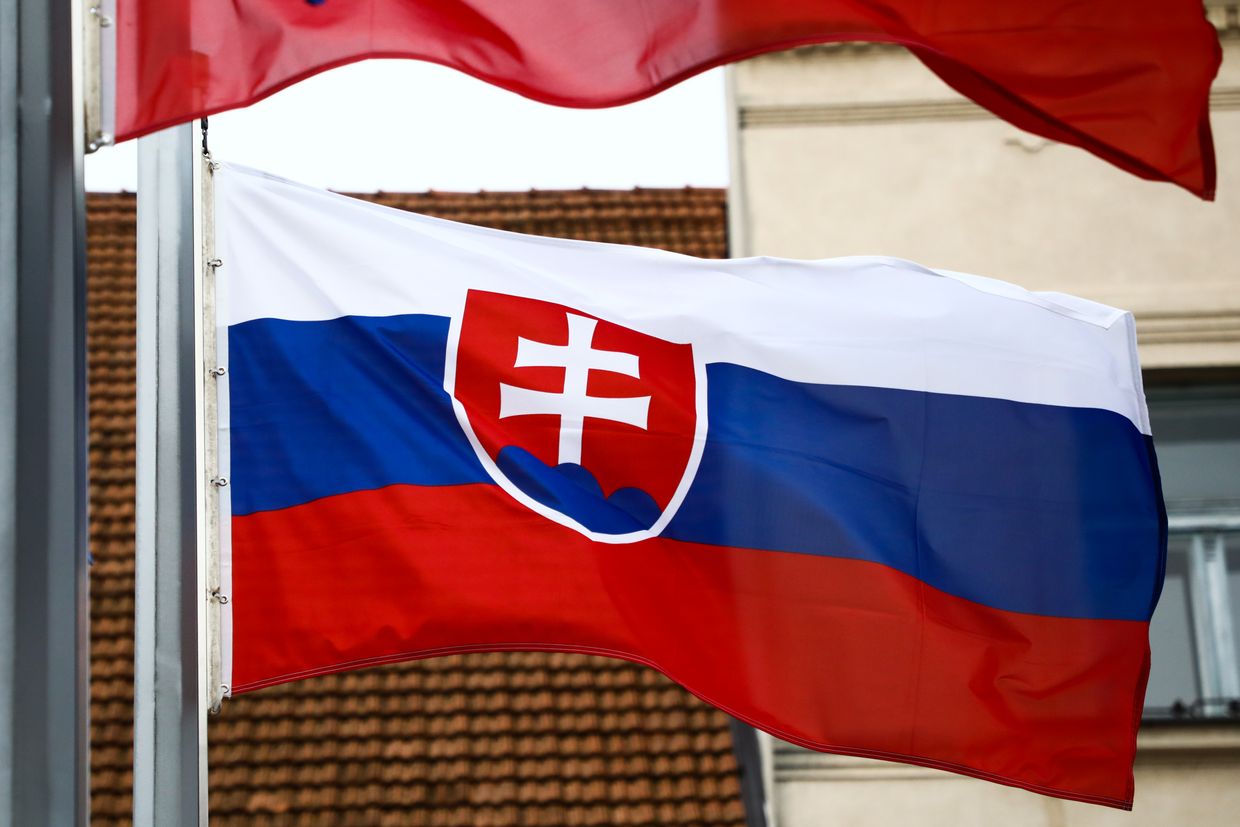
The non-binding resolution argues that the sanctions imposed in response to Russia’s full-scale invasion of Ukraine have driven up energy prices, disrupted supply chains, and harmed Slovak industry.
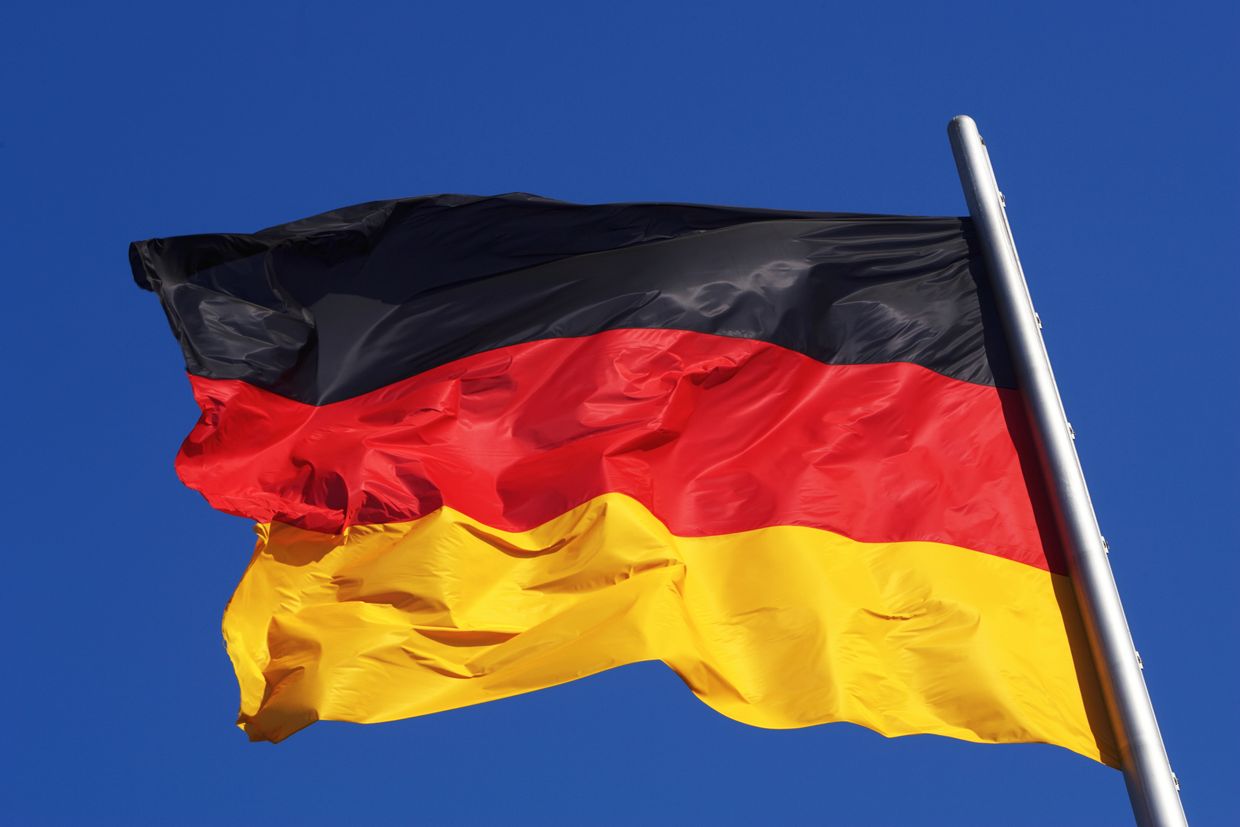
Top German official Thorsten Frei said in an interview with German media on May 31 that the EU should reconsider using frozen Russian assets to support Ukraine, urging a tougher stance against the Kremlin.
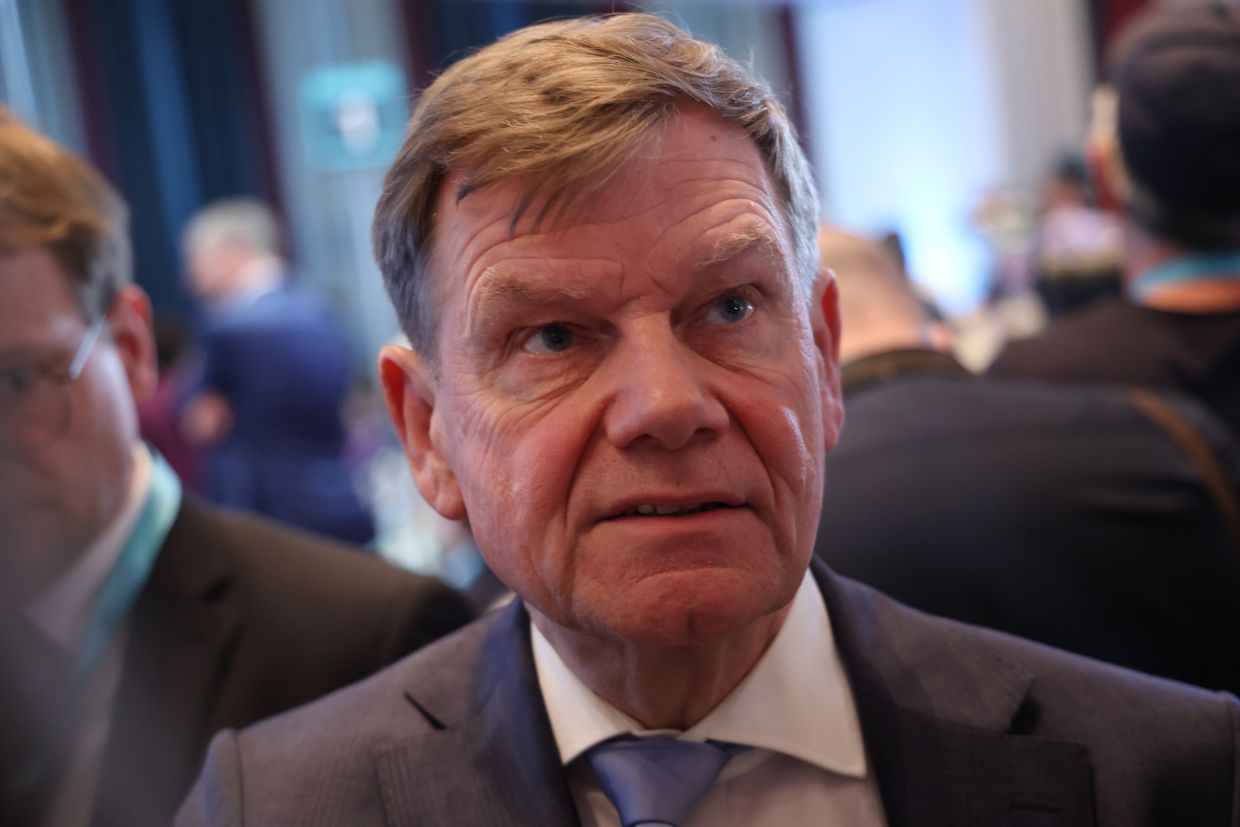
"(Russian President Vladimir) Putin is not interested in peace, he wants to continue this war, and we must not allow this, which is why the European Union will agree on additional sanctions," German Foreign Minister Johann Wadephul said on May 25.
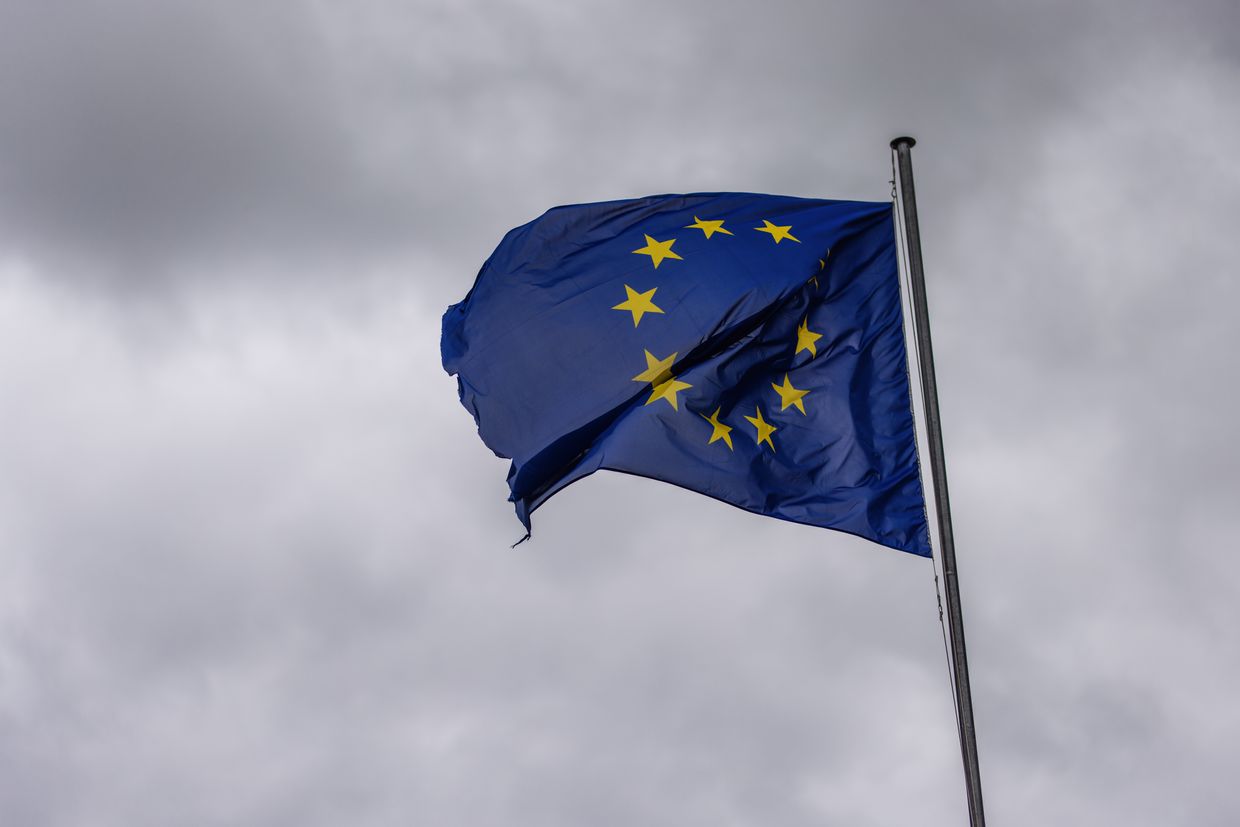
The new measures under consideration would also include lowering the Group of Seven oil price cap on Russian crude exports from $60 to around $45 per barrel.
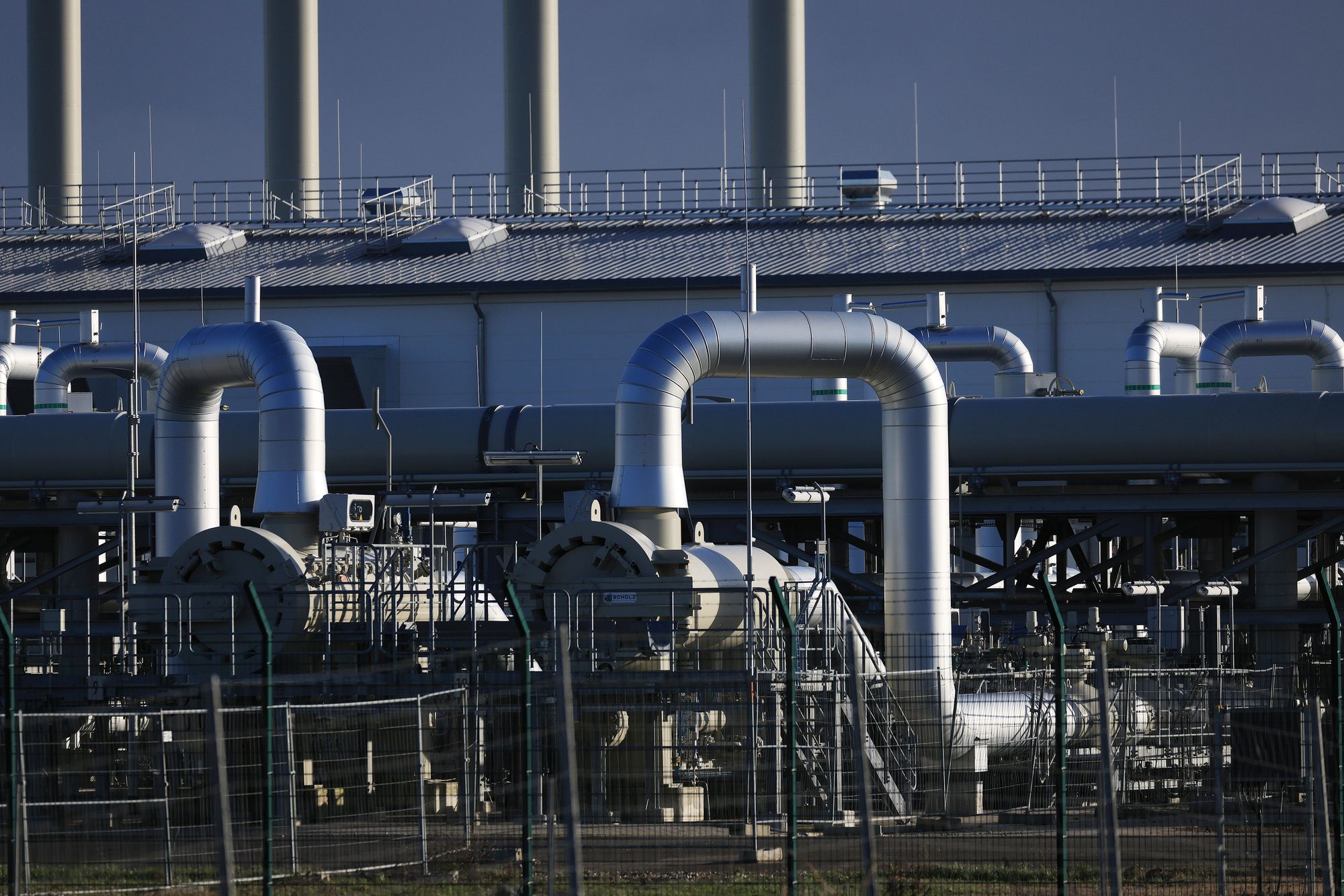
The EU is close to restricting the Nord Stream 2 pipeline in a new round of sanctions as Russia refuses a ceasefire in its war against Ukraine, Bloomberg reported.
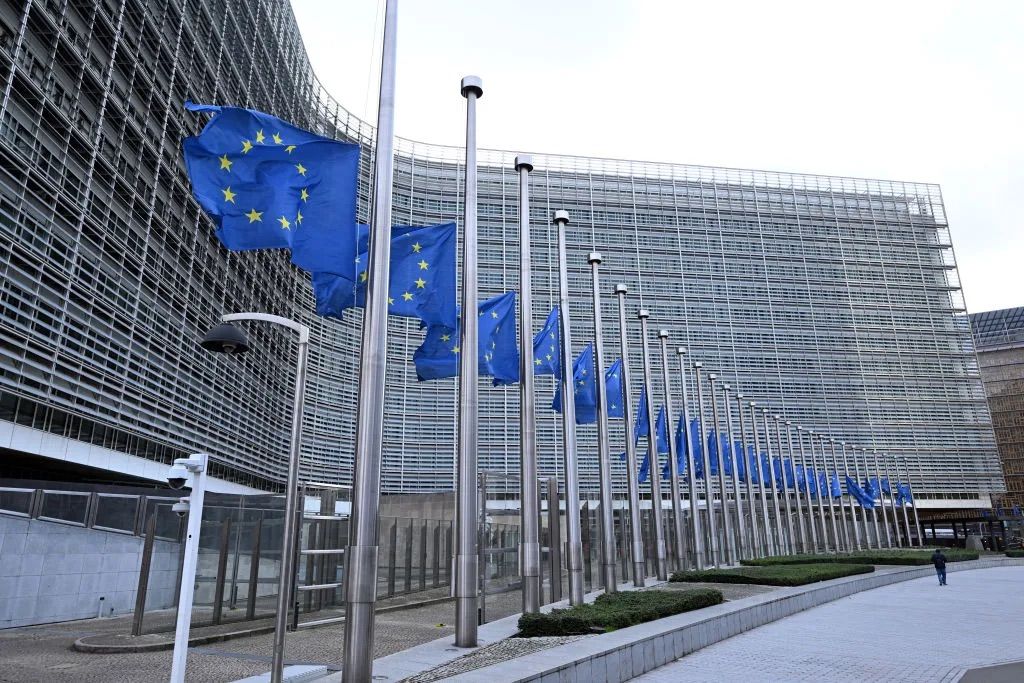
Reuters reported on May 21 that Ukraine will propose to the EU that the bloc speed up the seizure of frozen Russian assets to provide to Kyiv. The additional proposed sanctions would also target foreign companies that assist Russia through the use of technology, and "the introduction of secondary sanctions on purchasers of Russian oil".
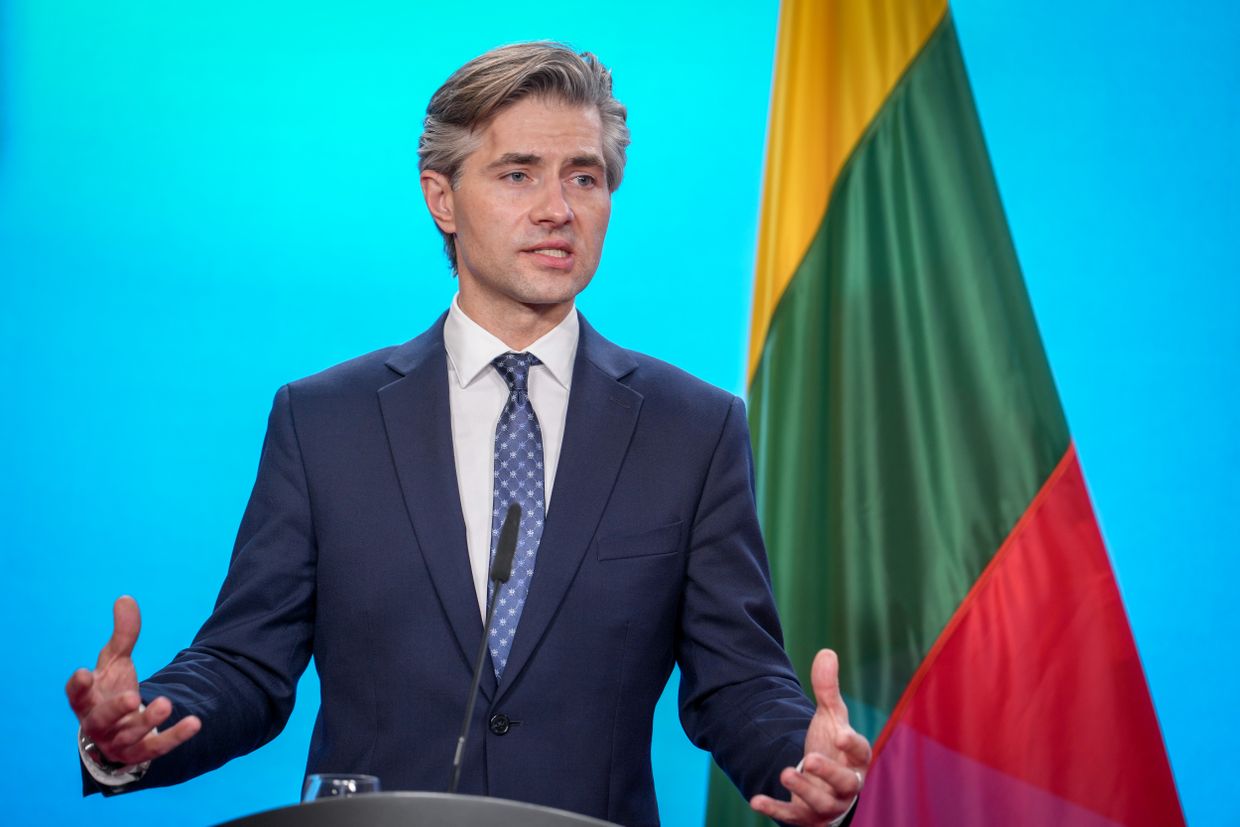
"Deception, disruption, distraction, and delay, and the whole point of it is to avoid sanctions," Lithuanian Foreign Minister Kestutis Budrys said. "We Europeans have to stop this vicious cycle and the instrument to stop it is to impose new sanctions."
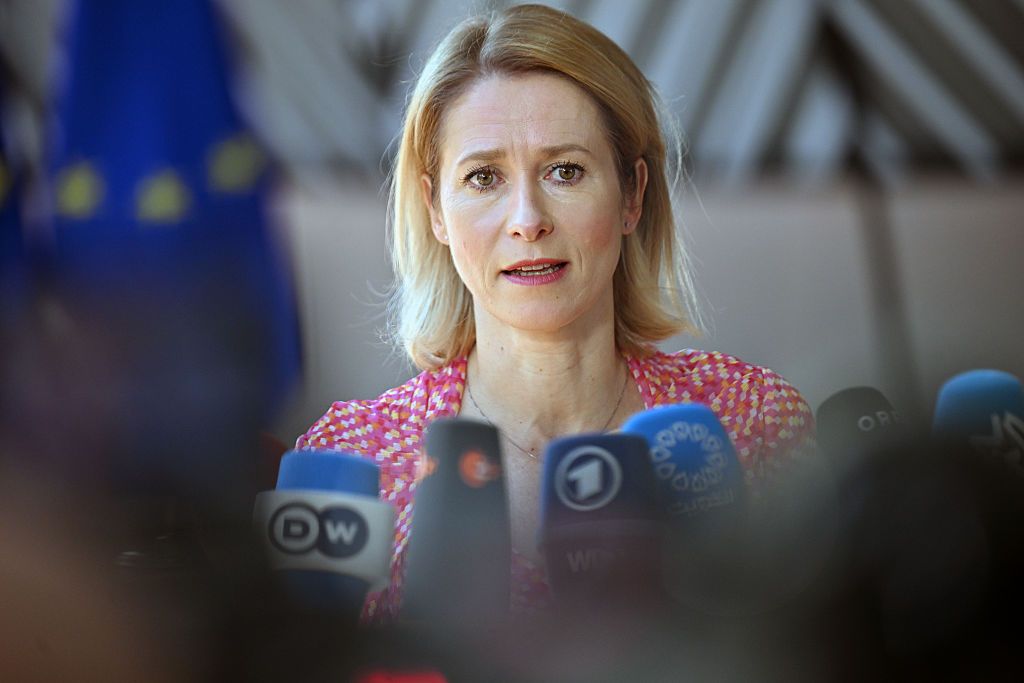
The European Union is preparing to downsize its diplomatic service – the European External Action Service (EEAS) – and redirect funds toward strategic interests such as enforcing sanctions against Russia, POLITICO reported on May 20.
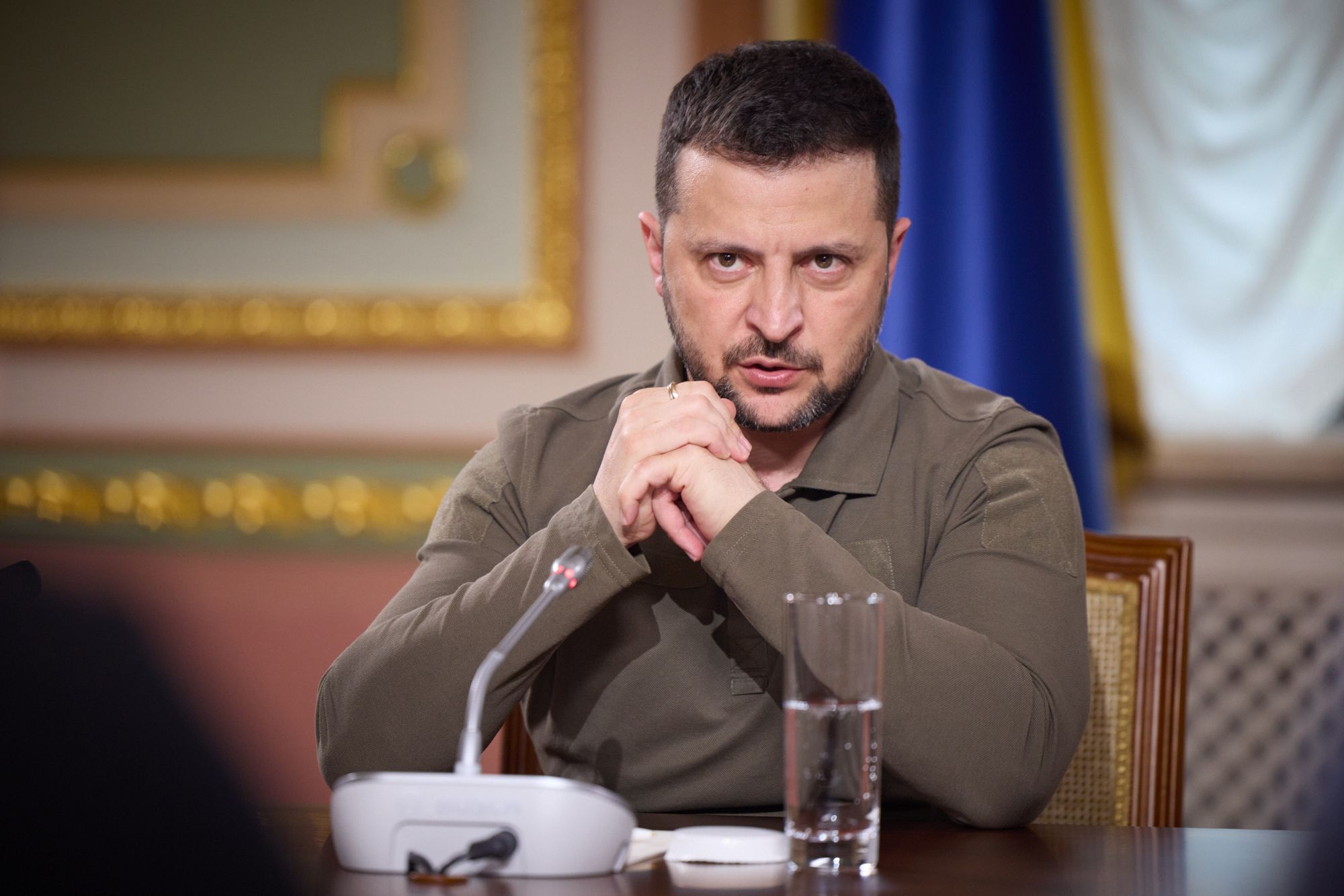
Key developments on May 20: * 'Russia is trying to buy time to continue the war' — Zelensky says after Putin-Trump call * EU approves 17th package of Russia sanctions, targets shadow fleet * Rubio says US, NATO seek more Patriot air defense systems for Ukraine * Kyiv to receive 400,000 more shells from
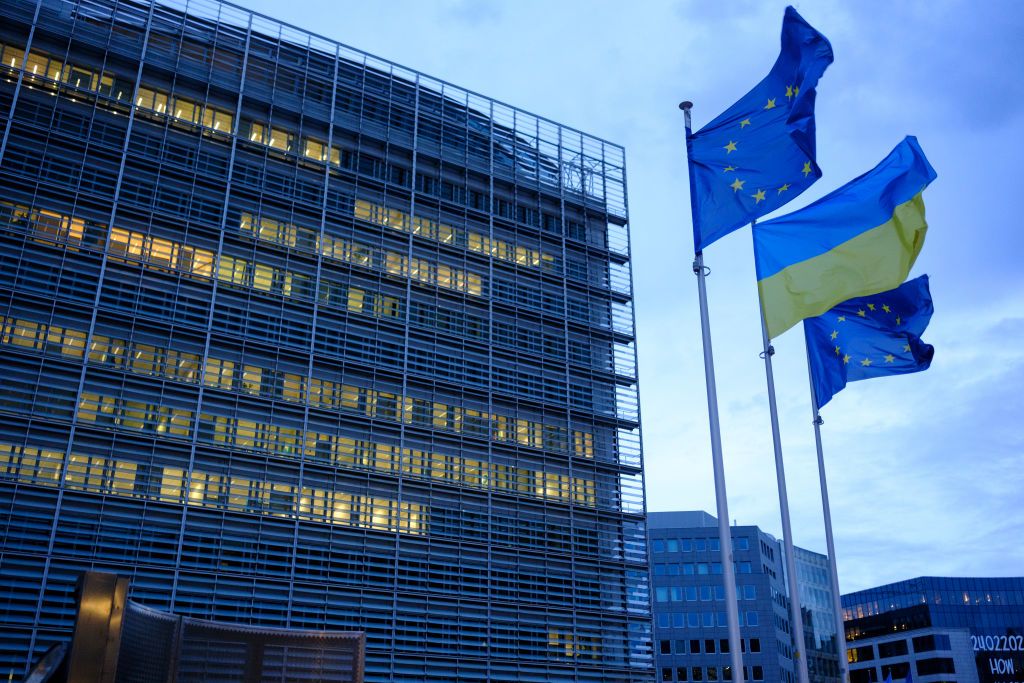
"New measures also address hybrid threats and human rights. More sanctions on Russia are in the works," Kaja Kallas said on X.

EU ambassadors on May 14 agreed on the bloc's 17th package of sanctions against Russia, primarily targeting its shadow fleet of oil tankers.
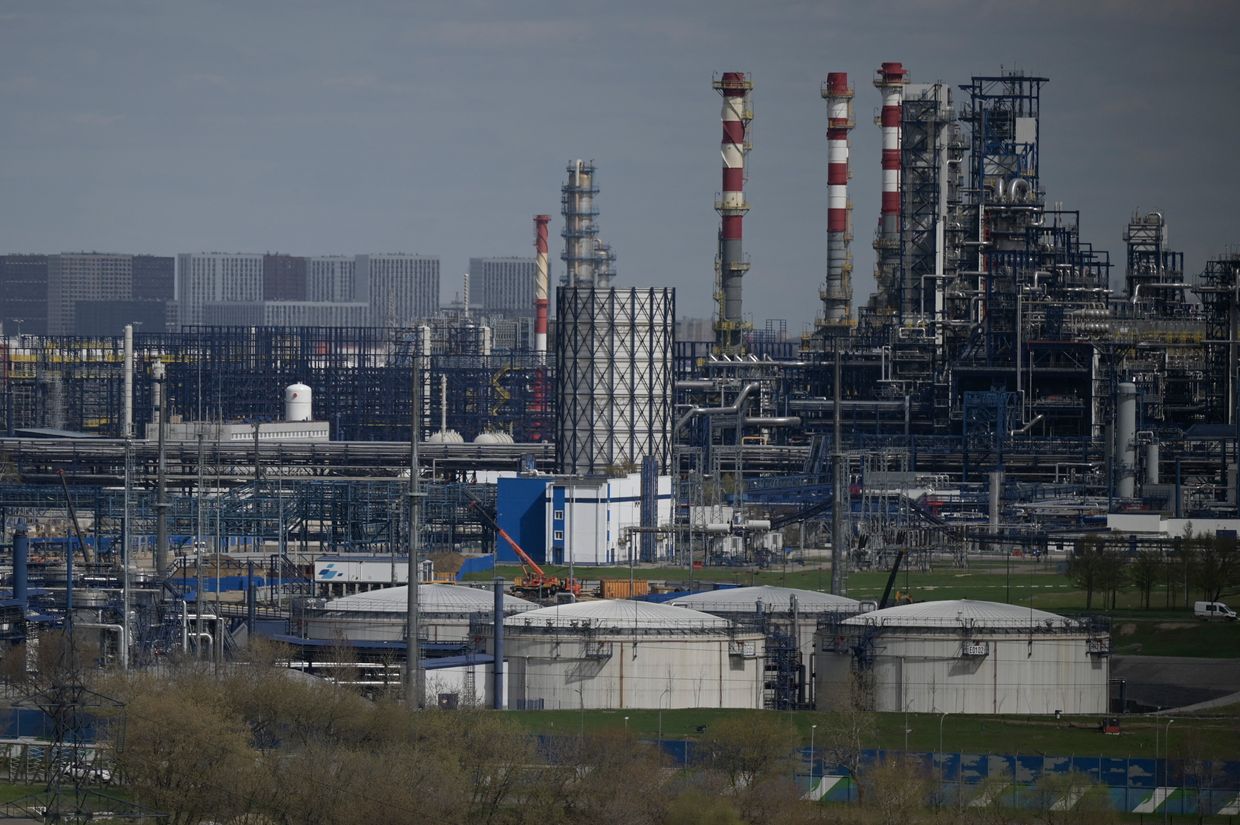
EU officials told Reuters they would propose bringing the cap down from $60 to $50 per barrel, as Brussels and its allies seek to further reduce the Kremlin's revenue from fossil fuel exports.
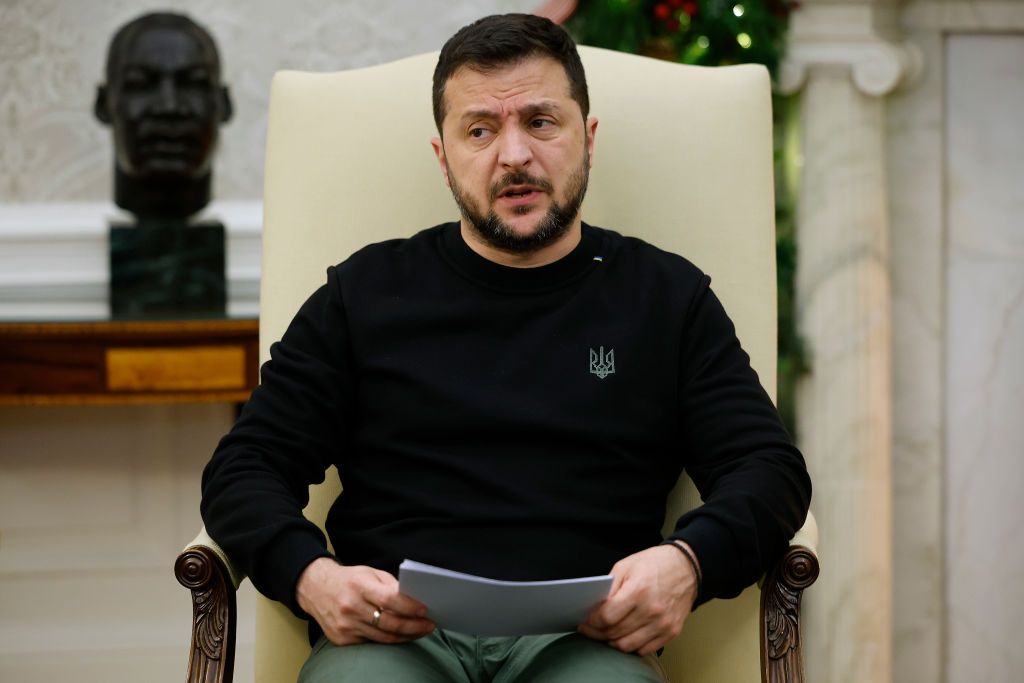
Ukraine knows the date that the EU package will go into effect, though the president did not share that detail in his remarks. Zelensky also said he expects the U.S. to impose sanctions 'when they see fit.'

German Foreign Minister Johann Wadephul said Germany and its allies are responding to hybrid threats in the Baltic region with increased patrols and renewed pressure on Russia's covert shipping operations.
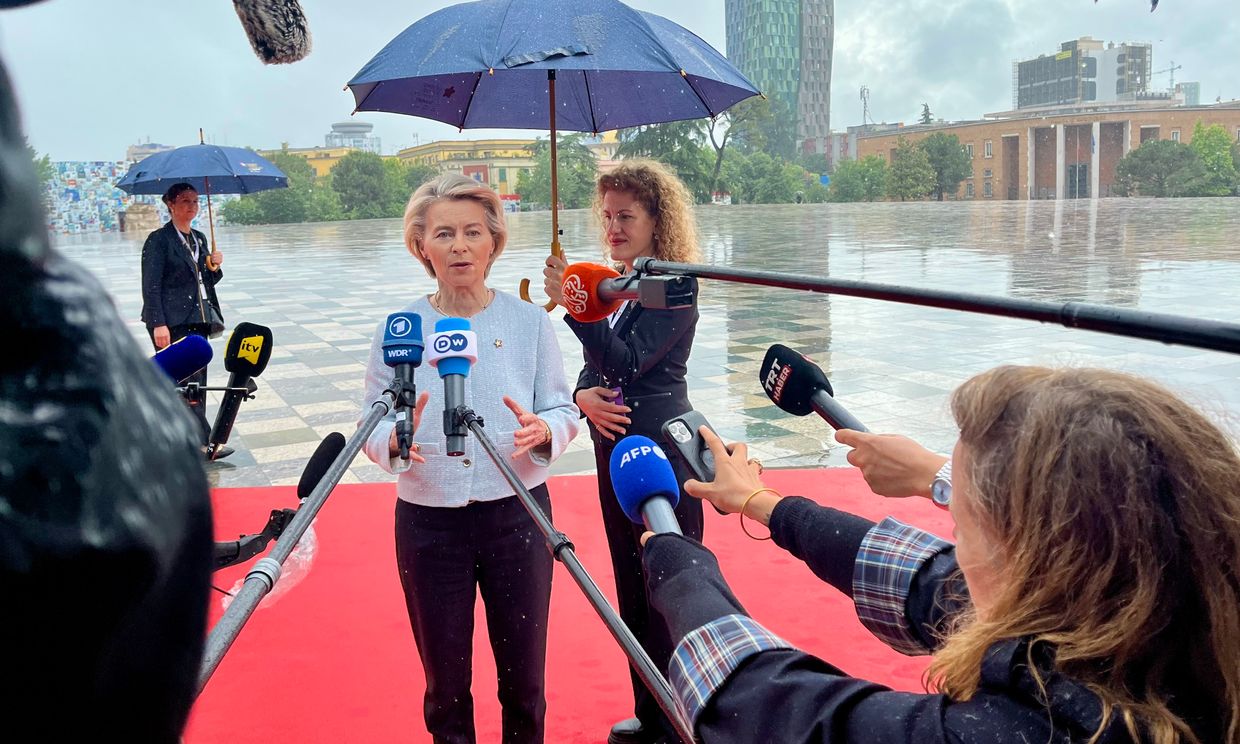
Ursula von der Leyen announced that the European Commission is preparing a new sanctions package, which would include sanctions on the Nord Stream 1 and 2 pipelines, additional listings of vessels from Russia's shadow fleet, a lower oil price cap, and sanctions on Russia's financial sector.
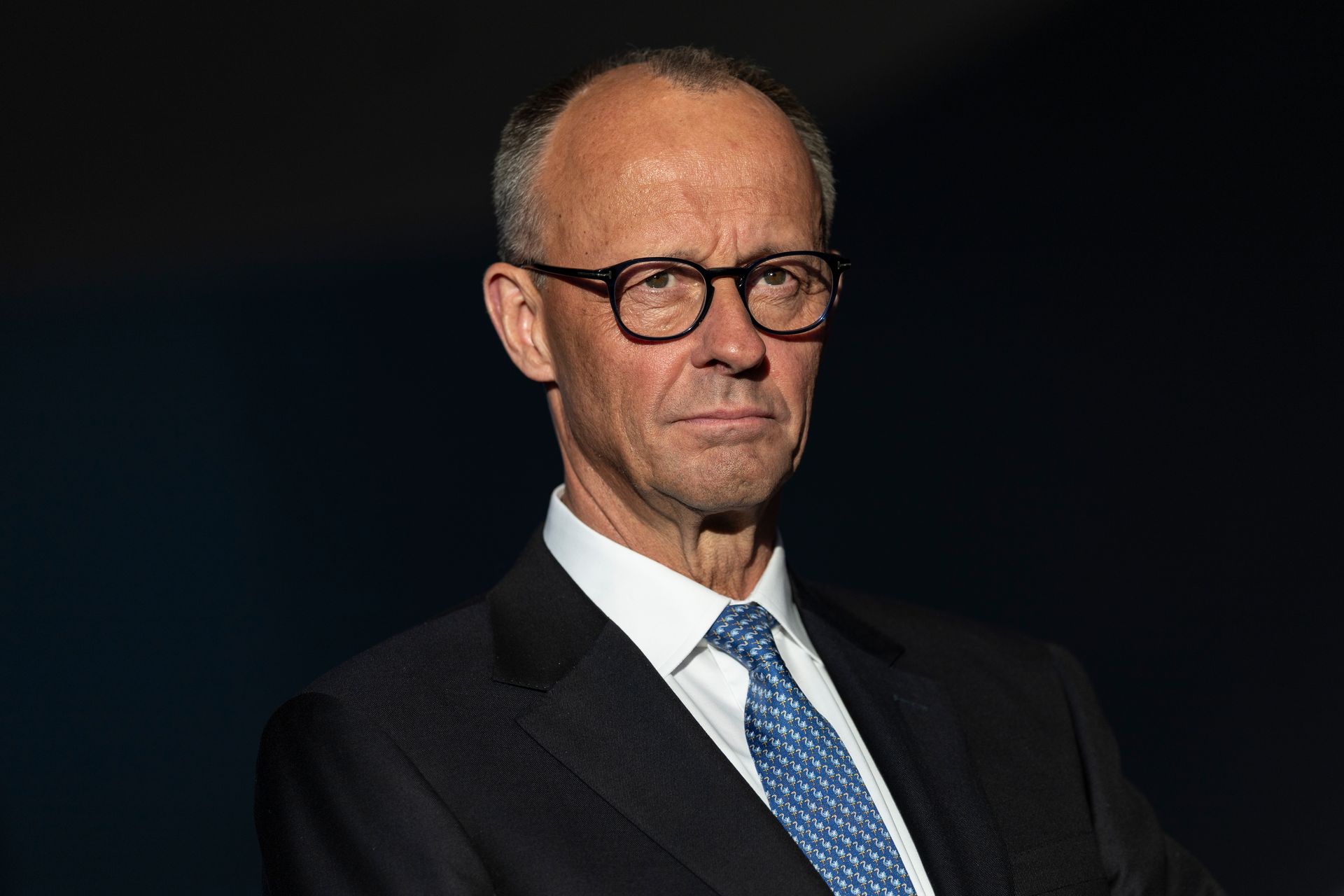
The European Union will adopt sanctions against Russia on May 20 in response to Russian President Vladimir Putin's declining to attend face-to-face talks with Ukrainian President Volodymyr Zelensky, German Chancellor Friedrich Merz said on May 15.
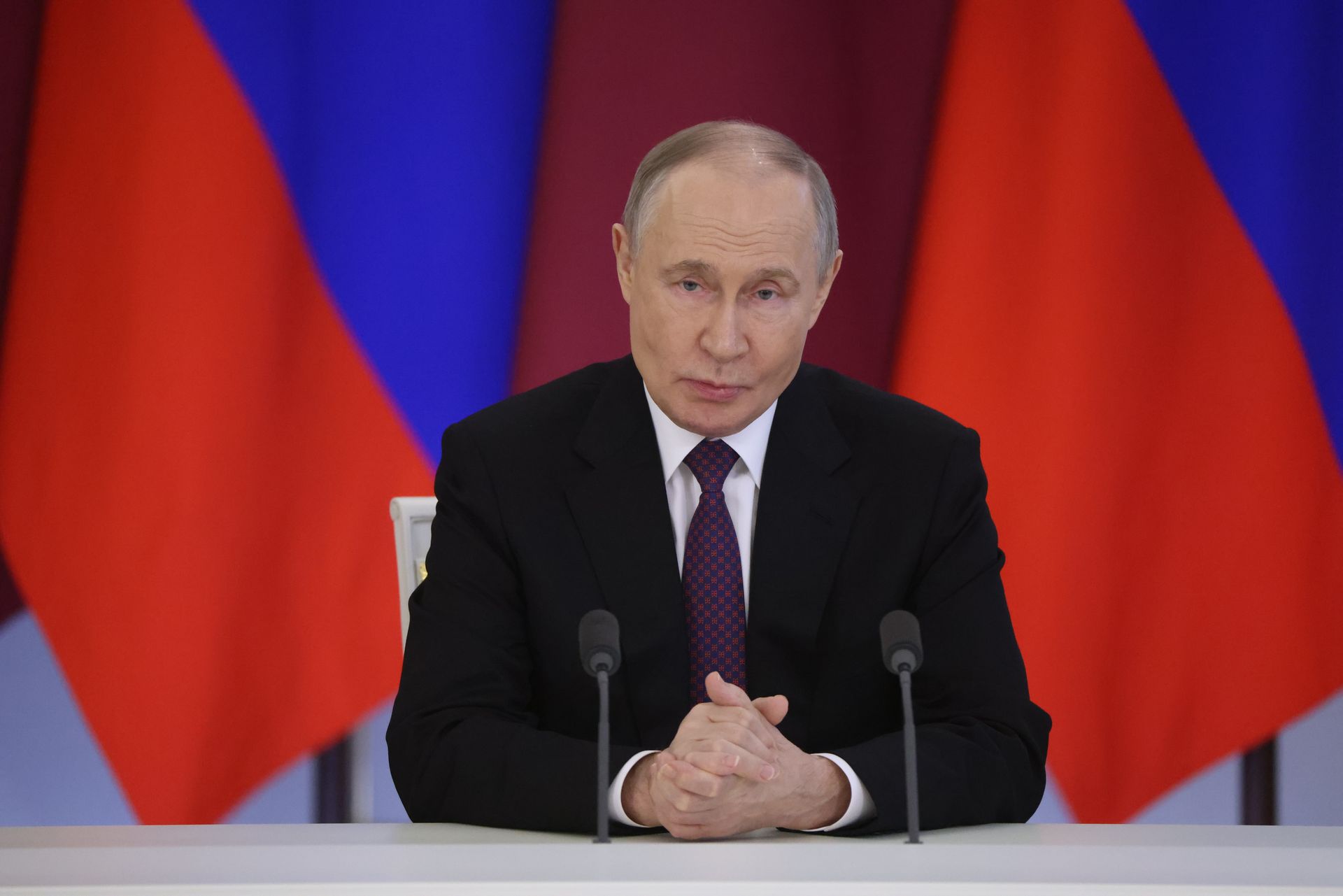
The European Union’s 17th package of sanctions against Russia, agreed on May 14, is being hailed in Brussels as a symbol of steady resolve. European Commission President Ursula von der Leyen welcomed the move, insisting it would "keep the pressure high on the Kremlin." But outside the EU bubble,
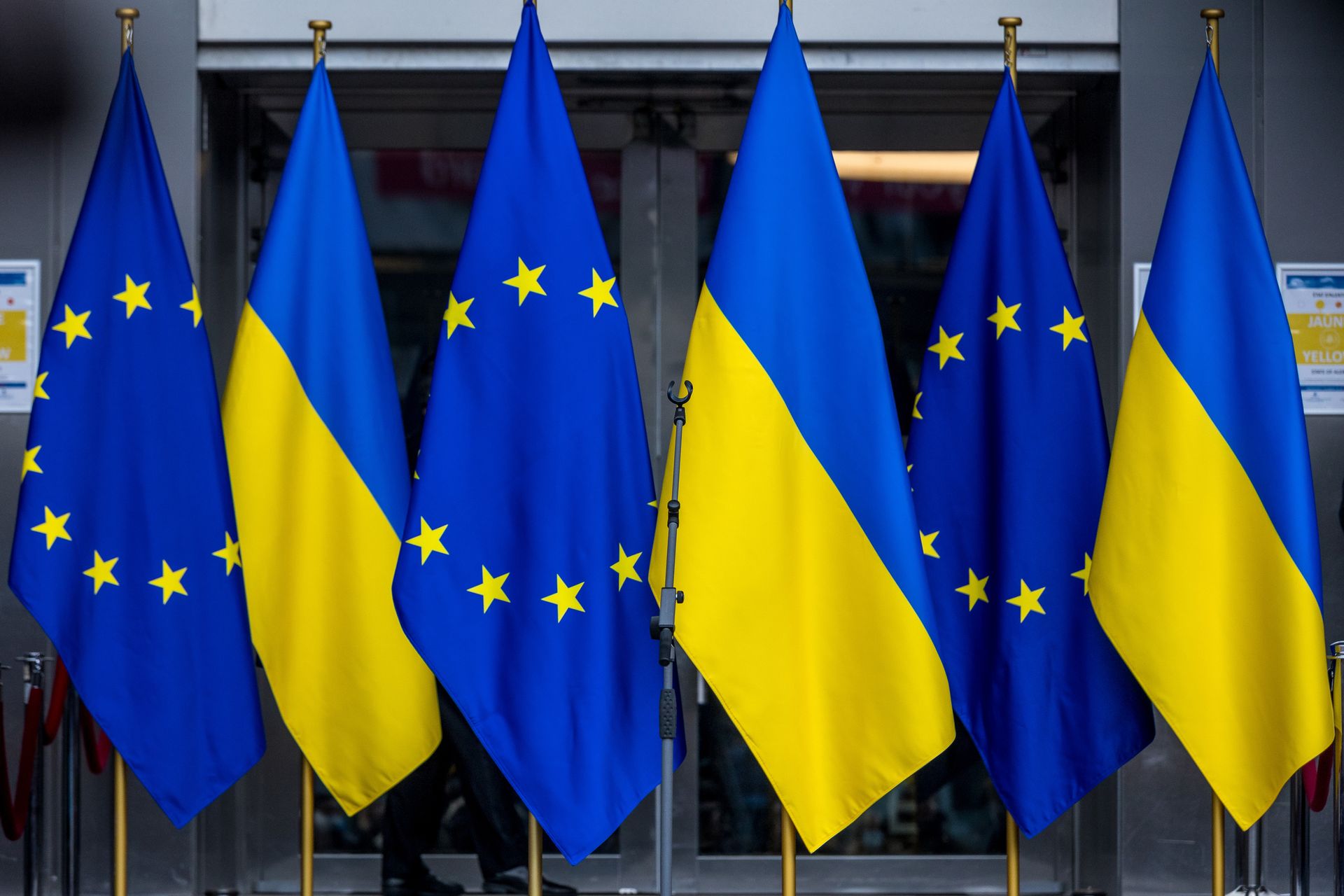
The measures target almost 200 ships of Russia's "shadow fleet," 30 companies involved in sanctions evasion, 75 sanctions on entities and individuals linked to the Russian military-industrial complex, and more.
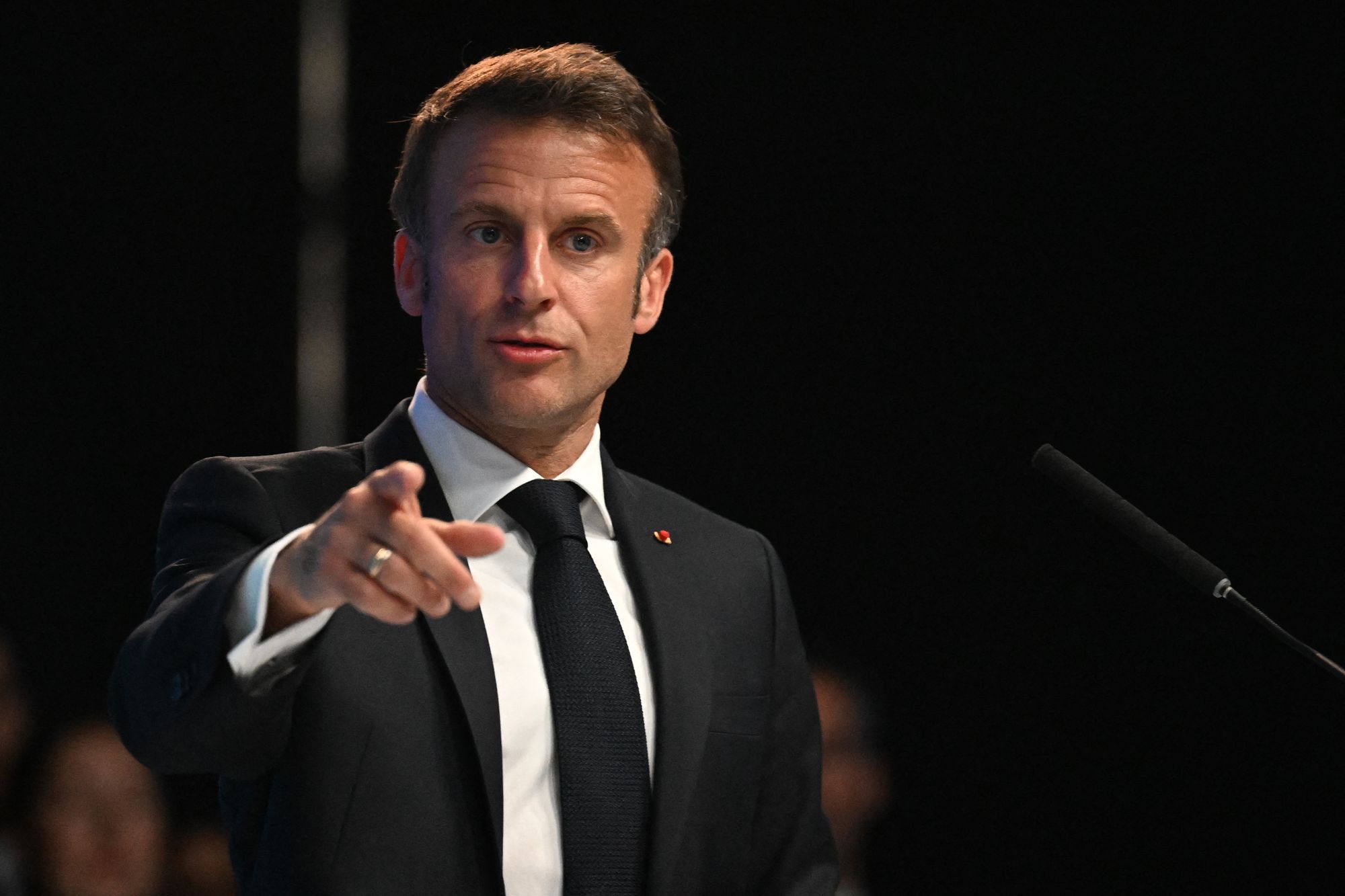
In an interview with French broadcaster TF1 on May 13, Macron discussed new Russia sanctions and stationing French nuclear weapons in other European countries as a deterrent against Russia.
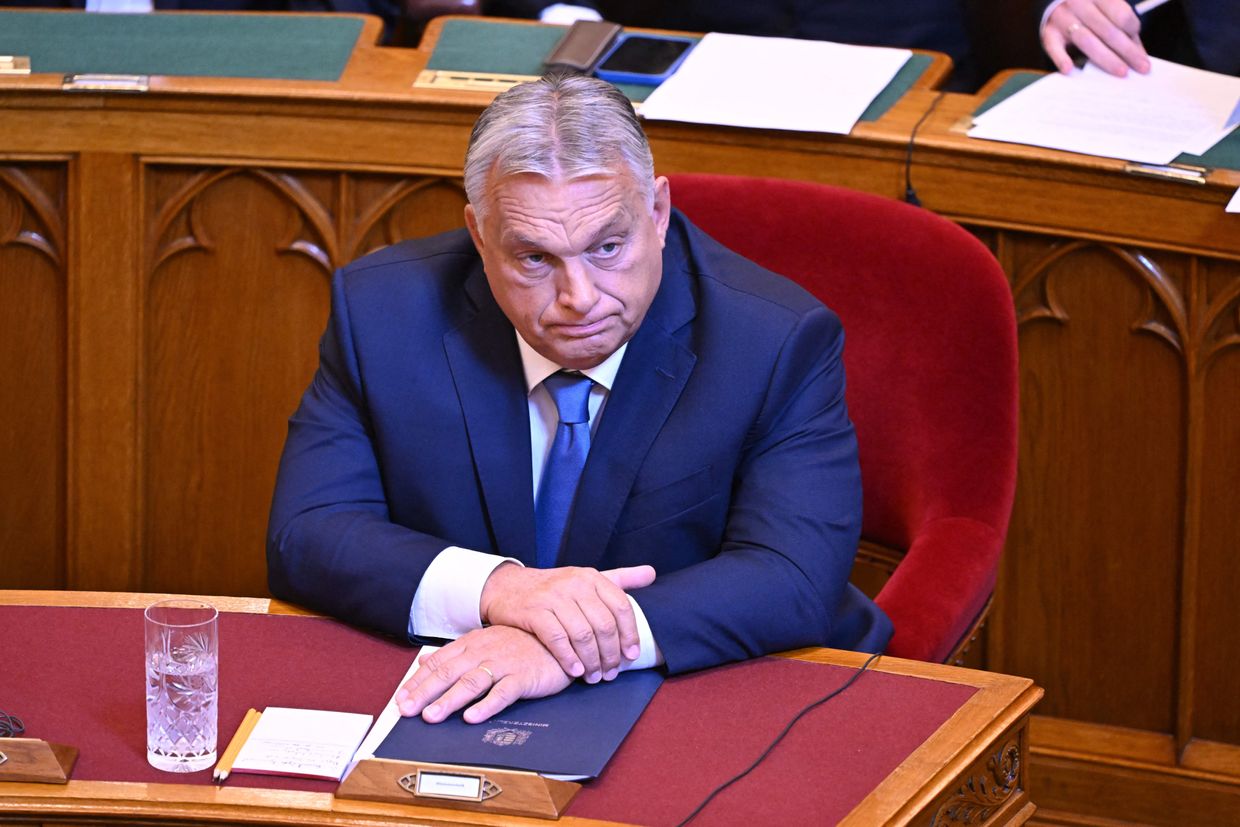
The sanctions will expire at the end of July unless all 27 EU member states agree to extend them.
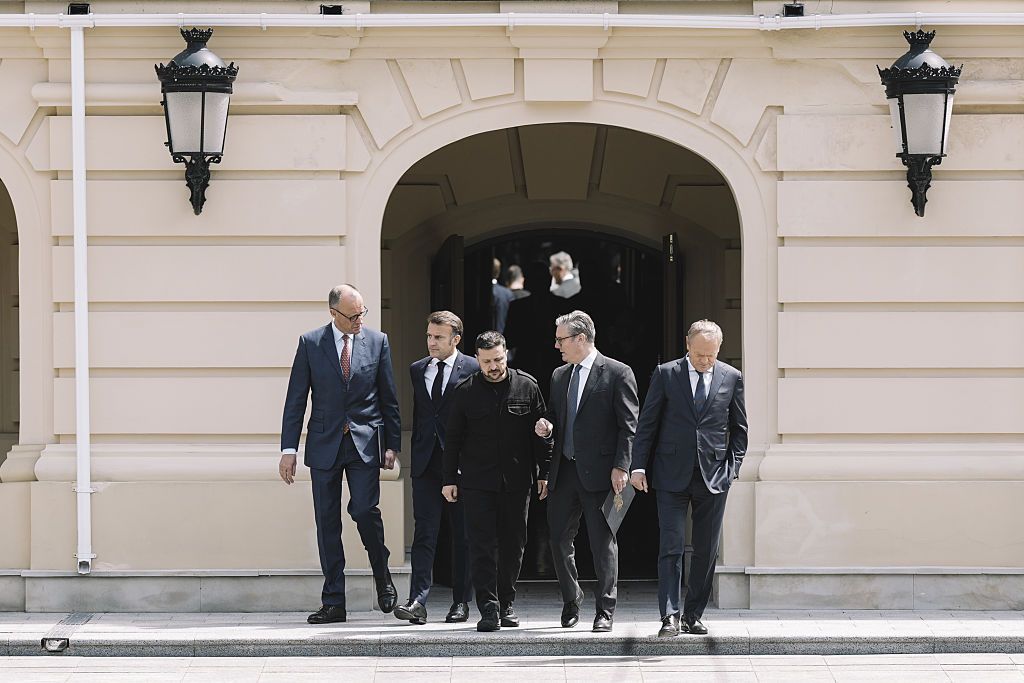
"The clock is ticking — we still have twelve hours until the end of this day," German government spokesperson Stefan Kornelius reportedly said.

The EU plans to unveil on May 14 its next package of sanctions imposed against Russia over its aggression against Ukraine, an EU official told the Kyiv Independent on condition of anonymity.



